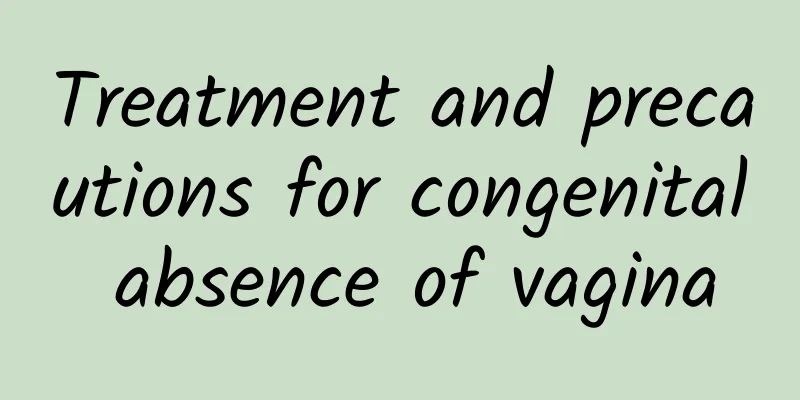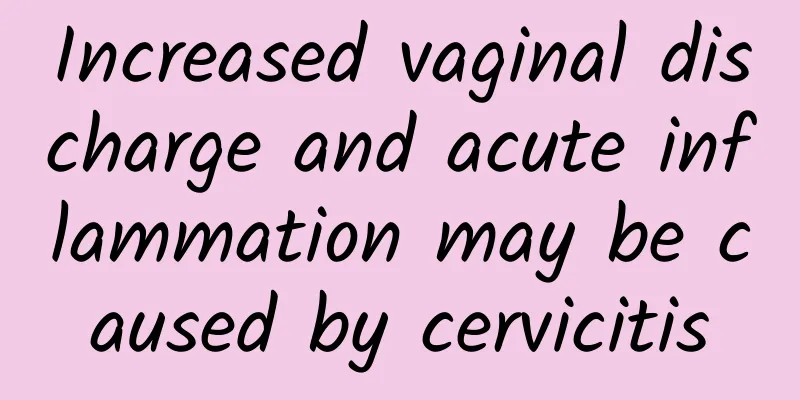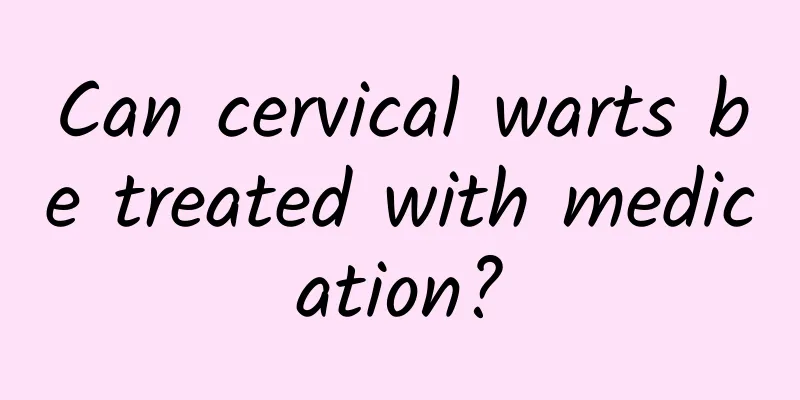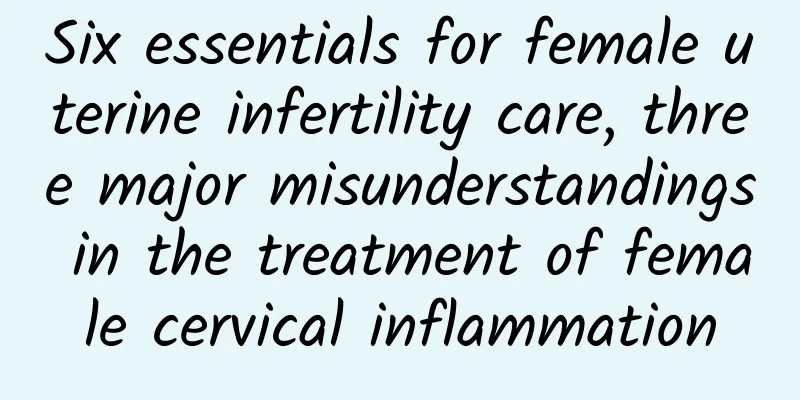What are the causes of ovarian cyst recurrence and how to prevent it
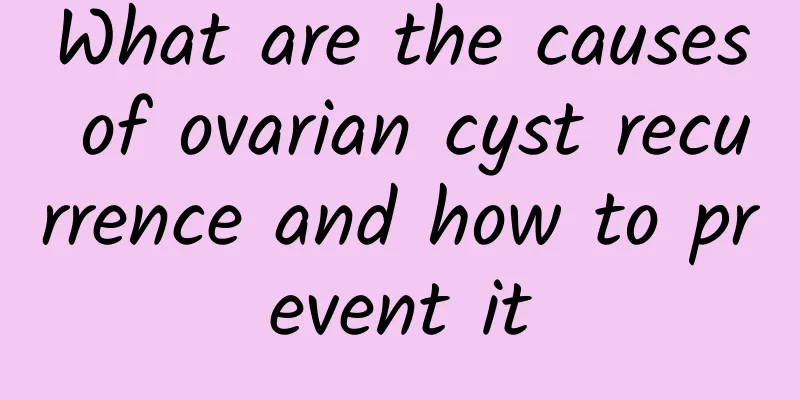
|
What causes recurrence of ovarian cysts? How to prevent it? 1. Because cysts and tumors are prone to recurrence, in order to prevent recurrence after surgery and cause damage to the body, patients should choose a professional and regular hospital for treatment. 2. Ovarian cyst recurrence is common in clinical practice because the environment for ovarian cysts has been formed in the body, which is an important reason for the recurrence of ovarian cysts. To actively prevent the recurrence of ovarian cysts, it is necessary to increase the body's resistance while treating ovarian cysts. 3. Whether the surgery is professional or not will directly affect the recurrence rate of ovarian cysts after surgery. Therefore, we should choose a professional treatment method, and we should also actively prevent the recurrence of ovarian cysts to be prepared. Measures to prevent recurrence of ovarian cysts include: 1. Gynecological examination: It is best to have a gynecological examination every six months, and at least once a year. 2. Dietary precautions: Patients with ovarian cysts should have a light and nutritious diet, correct picky eating and abnormal eating habits, and avoid eating irritating foods and seafood. 3. Self-examination: When you wake up in the morning, lie on your back on an empty stomach and empty your bowels and bladder. Bend your hips and knees, relax your abdomen, and use your fingertips to press various parts of your abdomen, especially the sides, and carefully feel for any lumps. 4. Completely remove the lesion: During ovarian cyst surgery, the primary tumor and visible pelvic and abdominal metastases should be removed as much as possible, or the diameter of the residual cancer lesions should be reduced to less than 2.0 to 1.5 cm. 5. Adhere to long-term chemotherapy: Chemotherapy for ovarian cysts should be long-term and continuous, especially for those in the late stage and those who cannot be removed by surgery. The medication plan is: one course of treatment per month in the first year after surgery; one course of treatment per month in the second year; one course of treatment every 6 months in the third year; one course of treatment every 6 months in the fourth to fifth years; oral medication is often used. |
>>: How to check for pelvic inflammatory disease
Recommend
Keep your nerves tight! Taipei City conducts large-scale inspections of 22 businesses
The Taipei City Government Health Bureau speciall...
What is the principle of TCM treatment for Bartholinitis?
Although Bartholinitis itself is not contagious, ...
Eating lettuce salad won’t make you fat? Cold stomach may lead to obesity
People with spleen deficiency and lung qi deficie...
Mid-Autumn Festival turns into "swollen" autumn festival? Be careful of nutritional imbalance when eating barbecue and mooncakes. "Ginseng" can help you improve your protection!
The Mid-Autumn Festival holiday is here, and moon...
What should I pay attention to in my diet if I have cervical warts?
Everyone must know the harmfulness of cervical wa...
What are the symptoms of pelvic inflammatory disease?
Pelvic inflammatory disease is a gynecological di...
1 in 3 children and adolescents is overweight or obese! 3 tips for healthy body positions
Is being fat as a child really not considered fat...
How to treat mild cervical erosion? 4 most effective treatments for mild cervical erosion
Mild cervical erosion generally does not affect w...
Who is the superconducting visual painless abortion suitable for?
Superconducting visual painless abortion technolo...
Increased vaginal discharge does not necessarily mean cervicitis
Leucorrhea is a mixture of vaginal mucosal exudat...
To prevent acute cervicitis, you need to do a good job of gynecological examination
It is very important for women to maintain good h...
Understand the detailed points of painless abortion precautions
Painless abortion is very harmful to our female c...
What are the common dangers of pelvic inflammatory disease?
Experts remind that pelvic inflammatory disease s...
Experts tell you about the treatment measures for ectopic pregnancy
Ectopic pregnancy is actually one of the major gy...
Tocopherol helps you lose weight! Musk grape seed oil has a set
If you want to lose weight, the thing you fear mo...
